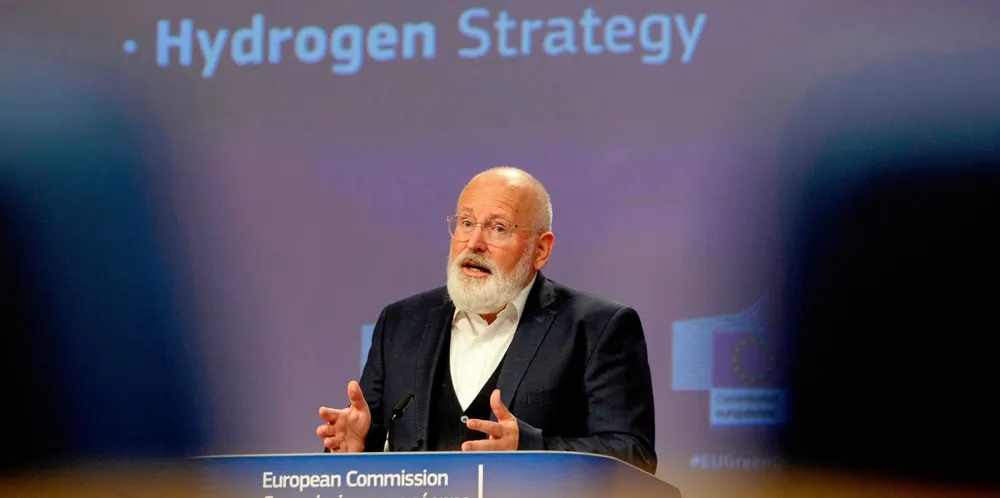EU plans 'massive' roll-out of Carbon Contracts for Difference subsidies for green hydrogen
Projects would only qualify if they return as much renewable electricity to the grid as they use, according to leaked document

Projects would only qualify if they return as much renewable electricity to the grid as they use, according to leaked document
